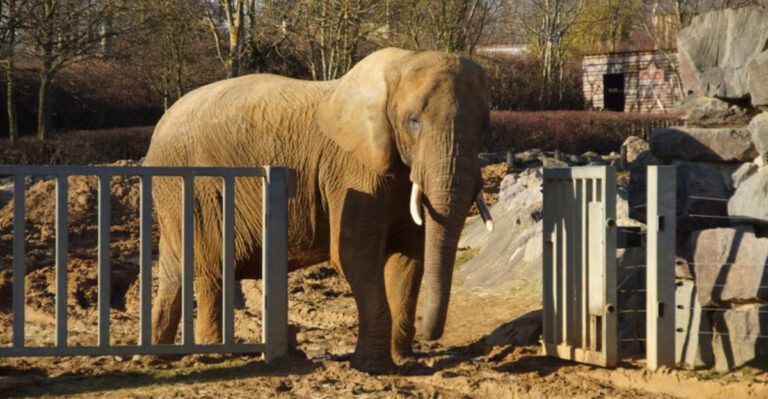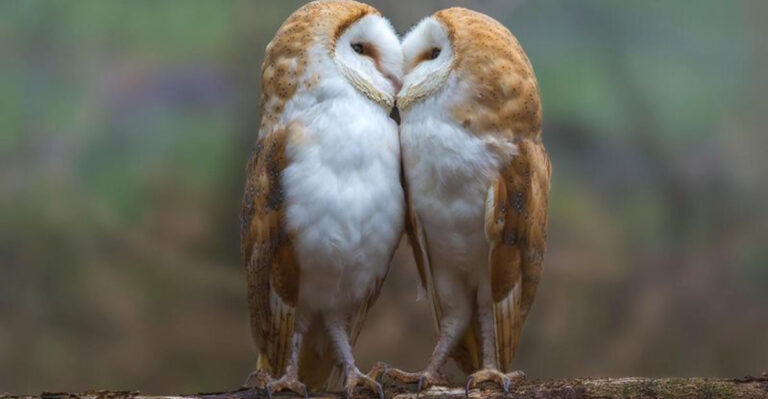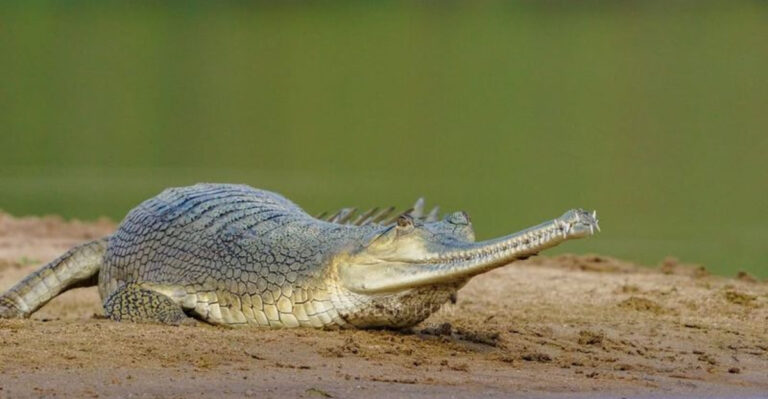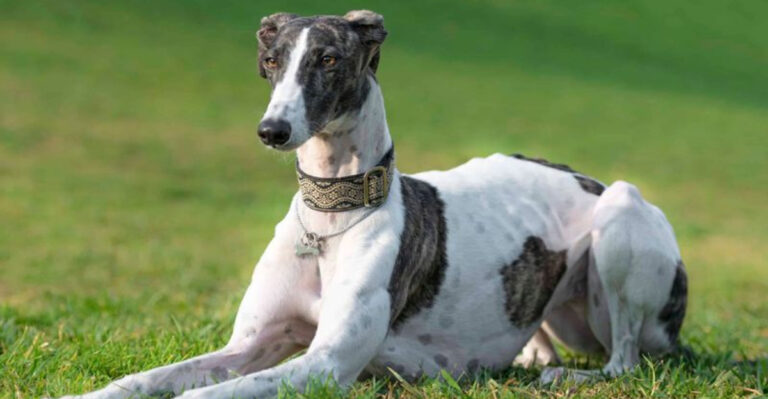13 Possible Explanations Why Animals Eat Poop (Their Own And Other Animals’)
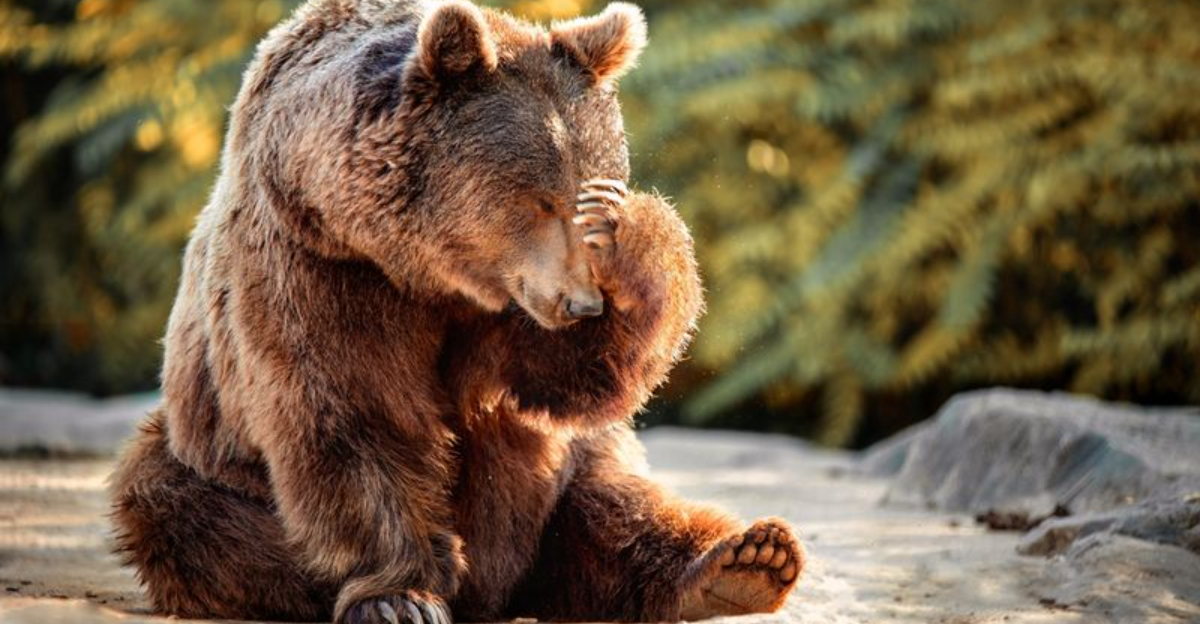
Ever wondered why some animals munch on poop? It’s a weird habit with fascinating reasons! From rabbits to rats, each critter has its own quirky logic to this seemingly yucky behavior.
Let’s explore some surprising explanations that might just change the way you look at nature’s little recyclers.
1. Rabbits: Nutritional Needs
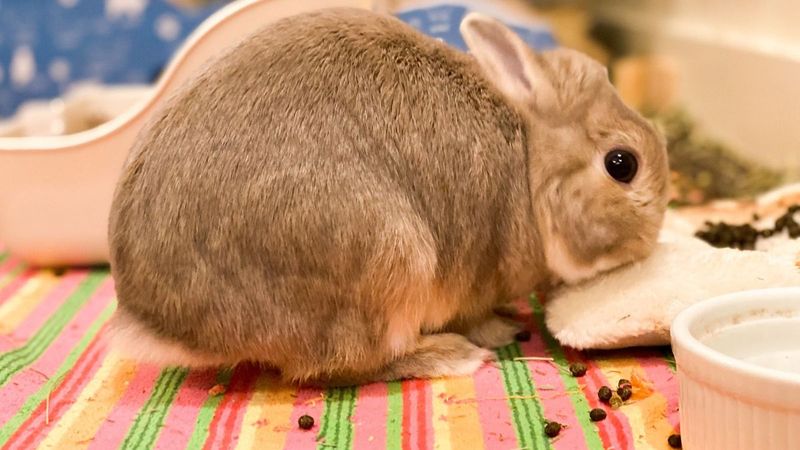
With stomachs as unique as their bouncing steps, rabbits indulge in coprophagia. Digesting fiber-rich meals just once isn’t enough! They eat their poop to reabsorb nutrients, making sure nothing goes to waste.
This behavior is like getting a second helping of dinner, ensuring they extract every essential nutrient. Such an efficient system helps them thrive in the wild, maintaining their health with natural recycling!
2. Dogs: Instinctual Behavior
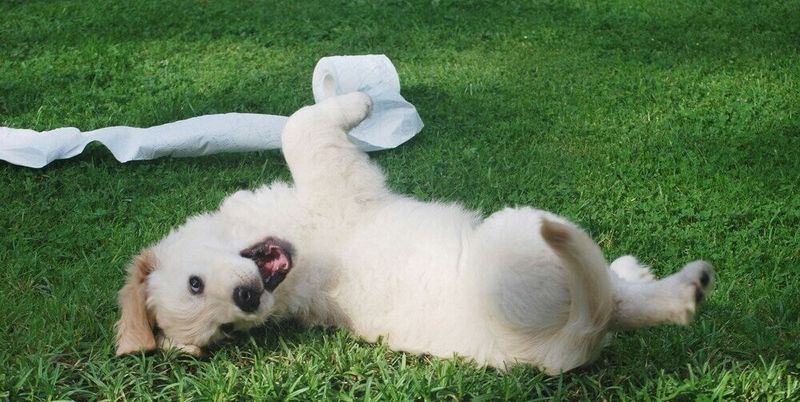
Dogs are nature’s detectives, driven by instincts inherited from wild ancestors. Munching on feces might seem odd, but it’s a curious exploration for them.
Ancient canines scavenged leftovers for survival, including waste, embedding this behavior in modern pooches. It’s just a sniff away from a treasure hunt for these furry companions, revealing their adventurous spirit and primal roots.
3. Cats: Territory Marking

Ever seen a cat act like a secret agent? By consuming feces, cats clean up their trails, preventing unwanted attention from predators. It’s a clever move to maintain stealth while prowling their territory.
This behavior showcases their strategic instincts, keeping them safe and mysterious. Who knew being tidy could be a survival tactic?
4. Elephants: Cleaning Up The Environment
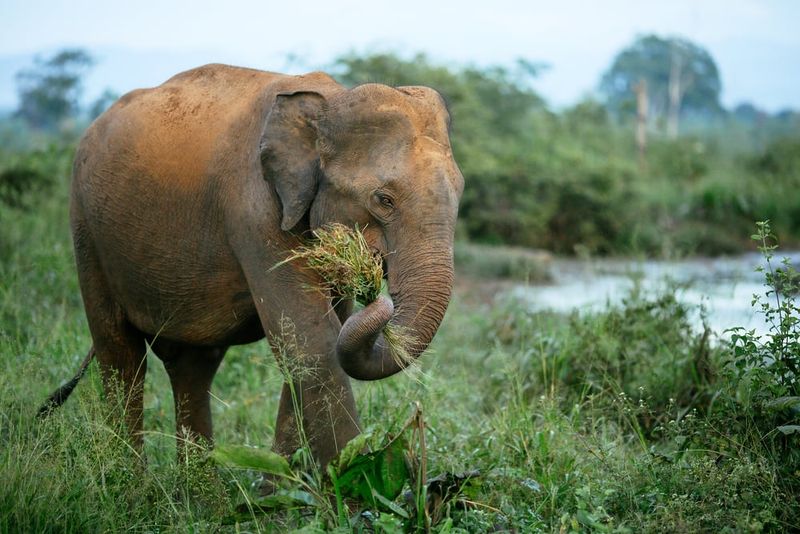
Elephants are gentle giants with an unexpected side gig—environmental cleanup. By occasionally ingesting feces, they help keep their habitat tidy.
Although not common, this behavior might be their way of avoiding predator attraction through smell. Their eco-friendly habits reflect their intelligence and connection to the world. Nature’s recyclers, indeed!
5. Guinea Pigs: Nutrient Reabsorption
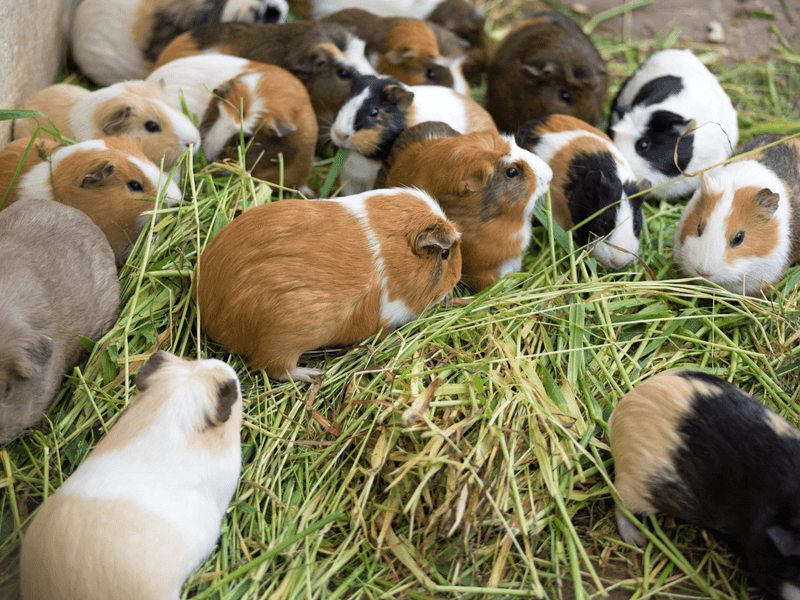
Guinea pigs, like their rabbit cousins, are tiny recyclers. They nibble on their feces to reabsorb precious nutrients, supporting their health. It’s a backstage pass to better digestion and well-being.
This little trick helps them thrive, keeping them happy and healthy despite their small size. Their smart dietary habits are truly impressive!
6. Hyenas: Scavenging Behavior
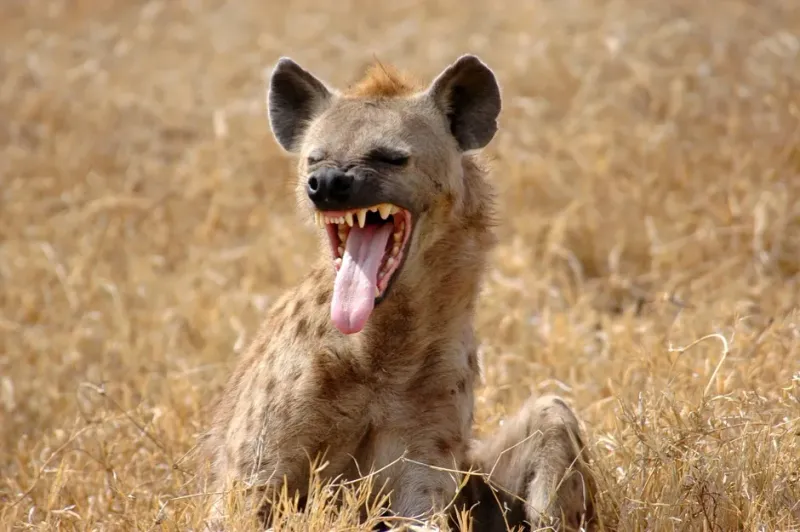
Hyenas are resourceful, always on a quest for sustenance. Eating feces is part of their scavenging repertoire, ensuring no nutrient goes unnoticed.
This behavior highlights their adaptability in the wild, where food can be scarce. Their opportunistic nature turns waste into a possible meal, keeping them resilient and resourceful.
7. Horses: Eating Feces For Digestive Aid
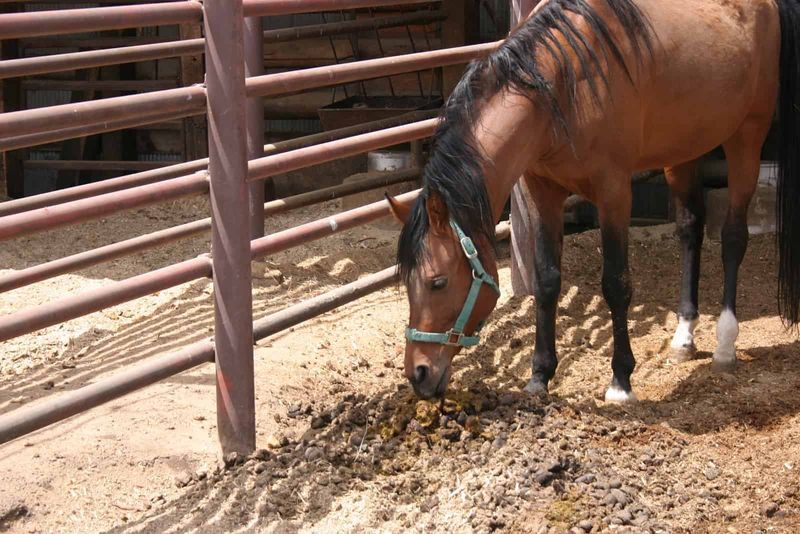
Even majestic horses have quirky habits. By eating feces, they can rebalance gut bacteria, especially after stress or illness. It’s like hitting a digestive reset button.
This unusual behavior underscores their instinctive care for internal harmony, enhancing their overall well-being. Nature’s way of ensuring they stay strong and healthy!
8. Chimpanzees: Stress Or Nutritional Deficiencies
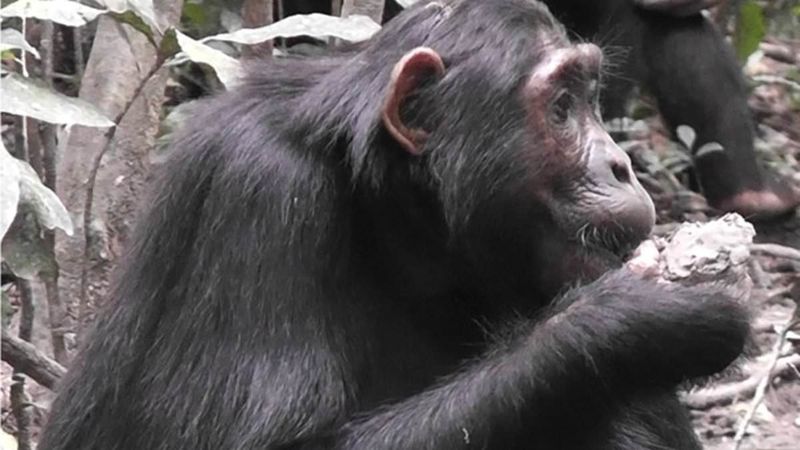
Chimpanzees, our close cousins, sometimes eat feces out of stress or nutritional need. In captivity, this behavior reflects emotional discomfort or dietary imbalance.
It’s a telling sign of their sensitive nature, revealing their need for a balanced environment. Addressing their needs ensures their well-being and happiness.
9. Bears: Opportunistic Feeding
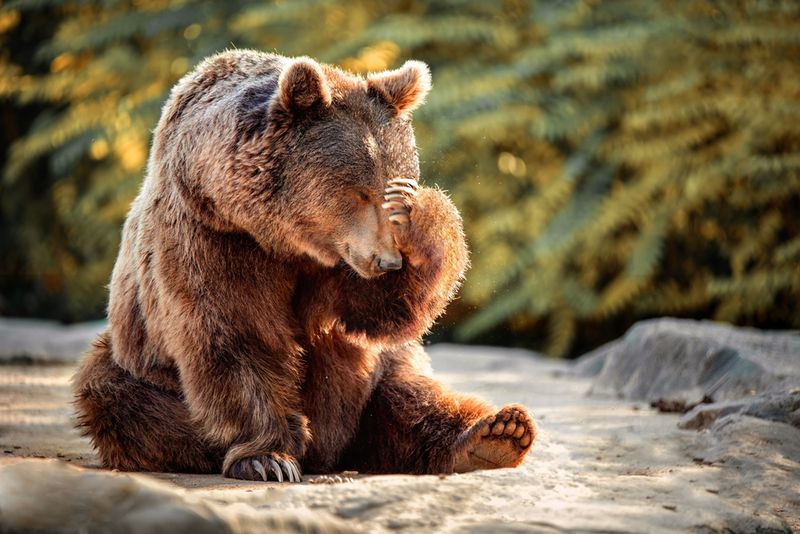
Bears are nature’s multitaskers, sometimes eating feces to scavenge for remaining morsels. During food shortages, this behavior showcases their survival instincts.
It’s all about making the most of what’s available, demonstrating their adaptability in the wild. Even with limited resources, bears find a way to thrive!
10. Cows: Health Maintenance
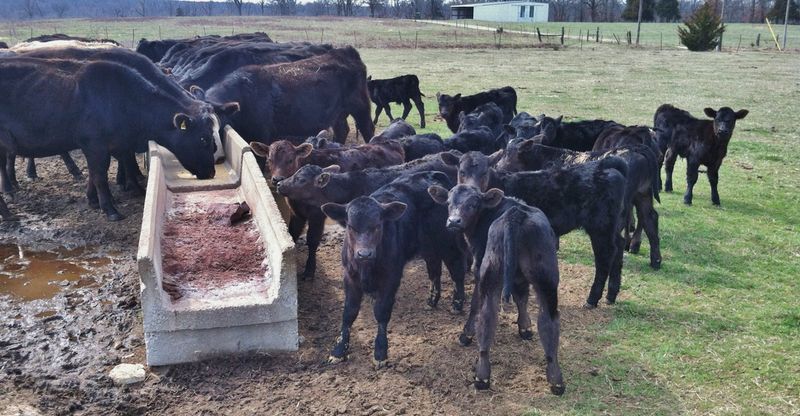
Cows might seem calm, but they’ve got surprising habits up their sleeves. Occasionally eating feces helps them balance gut flora, especially if stressed or malnourished.
It’s like their natural probiotic! This instinctual behavior ensures they maintain a healthy digestive system, making them robust and resilient.
11. Pigs: Natural Scavenging
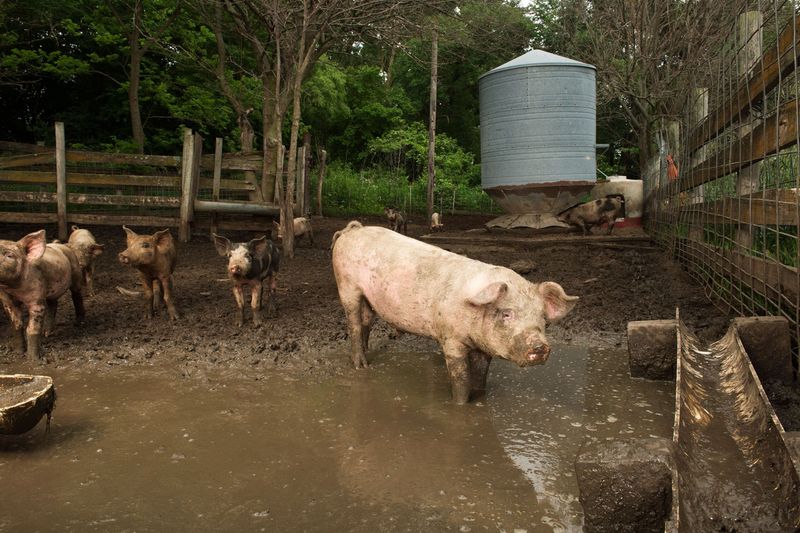
Pigs are clever scavengers, using every available resource. Eating feces ensures nothing goes to waste. This survival instinct showcases their innate adaptability, helping them thrive in varied environments.
By rooting around for food, they reveal their resourceful nature, turning what others discard into sustenance.
12. Birds: Nutritional Deficiencies
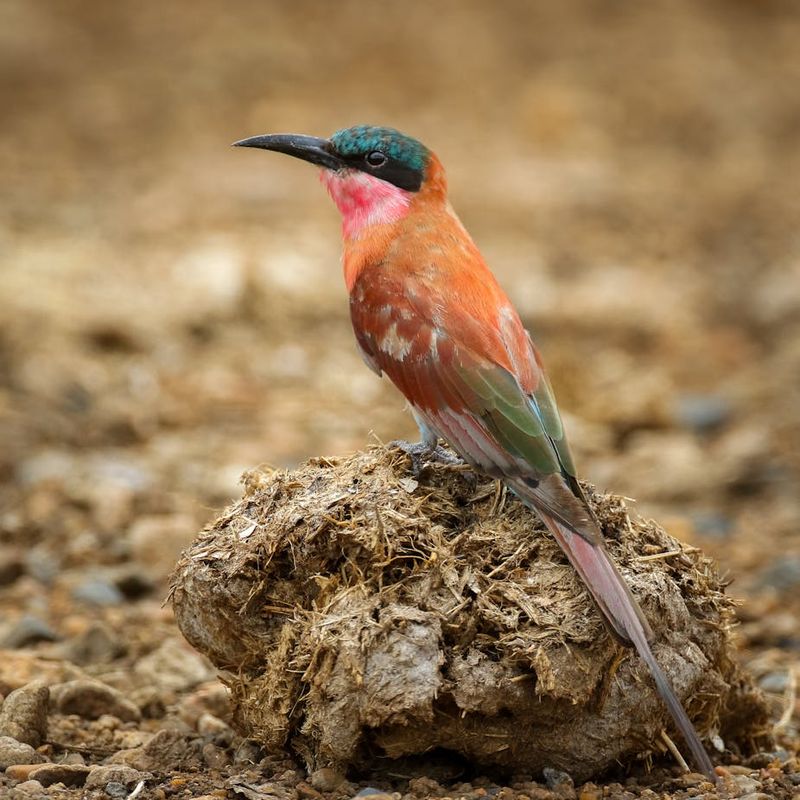
Birds, like parrots, engage in feces-eating when lacking specific nutrients. This behavior mirrors their wild instincts, where every resource is vital.
By mimicking their natural habits, they maintain health and vitality. It’s an intriguing glimpse into their survival strategies, reminding us of nature’s ingenuity.
13. Rats: Social And Behavioral Causes
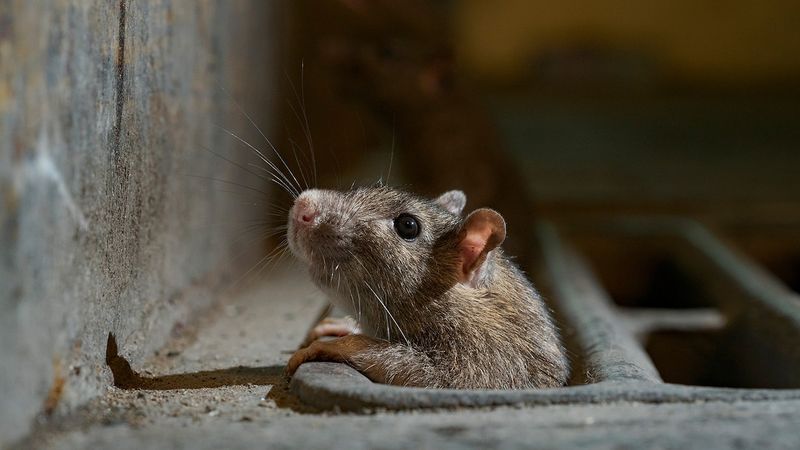
Rats are social creatures, sometimes eating feces to bond or clean. This behavior highlights their community spirit and instinctual habits.
In the wild, it’s a practical way to manage waste and maintain harmony. Their behavior is an example of their adaptability, ensuring survival through practical and social means.


